Of all the things that can harm your oral health, tobacco use is one of the most damaging. Smoking and using other tobacco products can lead to many oral health problems, including gum disease, tooth loss, and even oral cancer. While many people know the effects of tobacco on your overall health, some don’t know how it can impact your oral health. Learning the damaging effects may persuade you to avoid tobacco.

Gum Disease
Smoking and other tobacco use is a significant risk factor for gum disease. The chemicals in tobacco smoke can irritate the gums and cause them to pull away from the teeth. Unfortunately, this creates pockets where harmful bacteria can grow. This can lead to inflammation, bleeding, and, eventually tooth loss. In fact, smokers are twice as likely to develop gum disease as non-smokers. If you smoke, quitting is the best thing you can do for your oral health.
Tooth Loss
Gum disease is a leading cause of tooth loss, and smoking can increase your risk significantly. As the gum tissue becomes infected, it can cause the ligaments and bone supporting the teeth can deteriorate. Eventually, the teeth may become loose and fall out. Even if you manage to save your teeth through treatment, smoking can make it more difficult for your body to heal and recover. This will increase your risk of tooth loss down the road.
Oral Cancer
Tobacco use is also a major risk factor for oral cancer. According to the American Cancer Society, about 90% of people with oral cancer use tobacco in some form. Smoking and chewing tobacco can cause cellular changes in the mouth, leading to cancerous growths in the lips, tongue, cheeks, and throat.
Symptoms of oral cancer may include a sore that doesn’t heal, difficulty swallowing or speaking, and persistent pain or numbness in the mouth. Early detection is key, so visiting your dentist regularly and reporting any unusual symptoms immediately is important.
Bad Breath and Stained Teeth
Smoking and chewing tobacco can also cause bad breath and stained teeth. Tobacco smoke contains hundreds of chemicals that can cling to your teeth and tongue, causing them to turn yellow or brown over time. The nicotine in tobacco can also cause bad breath, reducing saliva flow and leading to dry mouth. In addition, smoking can cause a decrease in taste sensation, making food less enjoyable.
Protecting Your Oral Health
The best way to protect your oral health is to quit smoking and other tobacco use. While quitting can be difficult, many resources are available to help you, including nicotine replacement therapy, medications, and support groups. Even cutting back on your tobacco use can significantly affect your oral health.
Quitting smoking and other tobacco use is the best thing you can do for your oral health, but there are other steps you can take to protect your teeth and gums as well. By practicing good oral hygiene, visiting your dentist regularly, and avoiding harmful substances, you can maintain a healthy, beautiful smile for years to come
